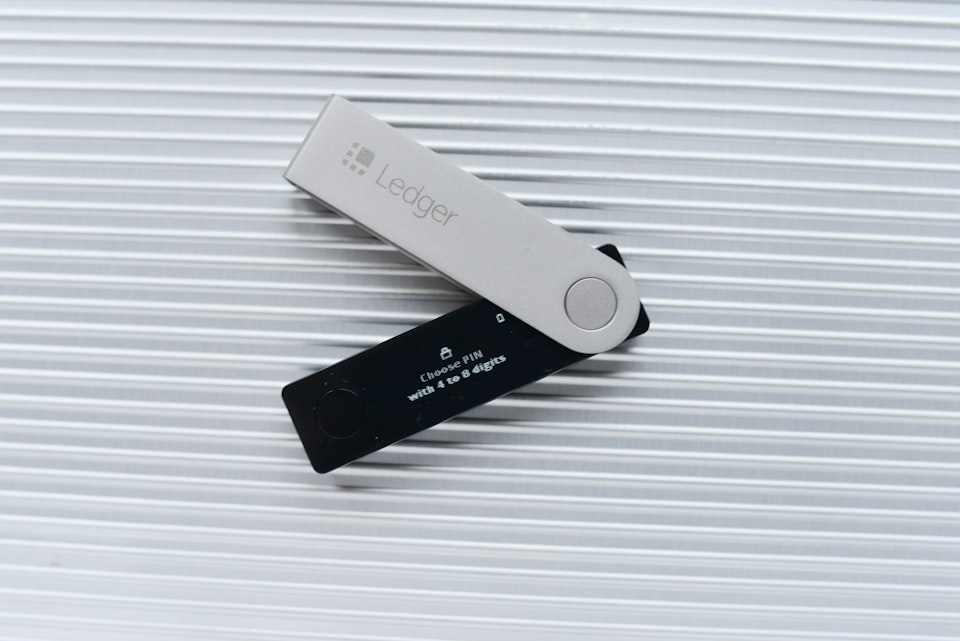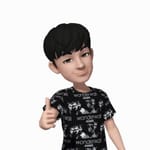Crypto Guide: What is a Crypto Wallet?

Crypto wallets are important tools for trading and holding Bitcoin and altcoins. They hold the private keys to your crypto, making it easier to send, receive, and spend your coins. Crypto wallets come in different varieties—they can be physical devices, online services, or software programs.
If you're planning to buy, hold, or trade Bitcoin or other cryptocurrencies, you must have access to a reliable crypto wallet. A crypto wallet is a special type of wallet that keeps your private keys or the passwords that give you access to your coins. Like cryptocurrencies and blockchain technology, the concept behind a crypto wallet is abstract and very different from the traditional wallet with which we are familiar.
Basics of crypto wallet
Before we discuss the technology and benefits of a crypto wallet, it's crucial to know that they're different from your wallet that holds your credit cards and cash. Think of the crypto wallet as a form of digital storage that holds and secures your access to your coins. Once you buy Bitcoin, you control a public key and a private key on the blockchain.
The public key works like a traditional bank account number— you can share it with others, but they won't be able to access your money. Your private key, on the other hand, works like your bank account password. You'll need it to access your wallet so you can use your cryptos, so never share it with anyone.
Proper storage and management of the private key and the crypto wallet, in general, are essential if you're planning to hold or trade cryptocurrencies. No company provides or stores a password, so you're on your own when safekeeping your private keys. Once you lose your key, you lose access to your cryptocurrencies.
A few prominent examples exist where individuals lose or forget their passwords or private keys, keeping them locked out of their holdings. Remember, your coins are part of the blockchain in the form of data, and your crypto wallet is your tool to access them.
Crypto wallet- The basics
Your cryptocurrency wallet stores your public and private keys required to send, receive, and hold coins. Traditionally, when you buy Bitcoin or other cryptos, the company where you purchased them assigns a wallet to secure your coins. This is a 'hot wallet' since it's connected to the internet.
Desktop, mobile, and web-based wallets are examples of hot wallets. These types of wallets are highly convenient and easy to use. Since they're always online, you don't need to transition between offline and offline modes to complete a crypto transaction. Some e-wallets today integrate a crypto component, allowing users to buy, sell, and hold cryptocurrencies. To access your crypto, you log in using the e-wallet's password or biometric. You can browse the market and buy or sell cryptos with just a few taps. However, it's not a secure option since it's prone to hacking.
A safe way to hold crypto is through a cold wallet. A cold wallet is not connected to the internet. Thus, your holdings are safe from hackers. A cold wallet is a thumb drive or any hardware device that stores your crypto offline.
A look at the different kinds of crypto wallets

When using coins for payments or trading, you can use two general types of crypto wallets. Custodial wallets are wallets offered by crypto businesses like crypto exchanges. For example, if you're an eToro user and bought Bitcoin using the platform, your coins are temporarily stored in a wallet provided by the platform.
Non-custodial crypto wallets, on the other hand, are types of wallets that give users control of their data. Crypto enthusiasts and traders prefer to use this type of wallet since it doesn't rely on the help of a third party to secure the private keys. Since these are offline storage options, they're less prone to hacking.
As we've mentioned, there are two broad categories of wallets: hot and cold. If you're a beginner or just want to learn more about your options, read on to learn about their differences and some pros and cons.
Paper wallets
A paper wallet is the most traditional option for storing your private keys. Yes, it's just a piece of paper on which you can write your keys. Since it's just a piece of paper, it's safe from hackers. However, it's not the most efficient way to store and protect your keys since they can be lost, torn, or become illegible when wet. Using a paper wallet may be the easiest, but it's not the safest and most efficient.
Hardware wallets
If you want a more secure storage option, your next bet is a hardware wallet. It works like a USB drive that's not connected to the internet; thus, it's protected from hackers trying to steal your keys or access your coins.
Trezor and Ledger are two of the most popular hardware crypto wallets for enthusiasts and traders and boast modern security features. For example, Trezor makes recovering your crypto assets easier by offering a Shamir Backup recovery system. With this feature, you can generate and distribute up to 16 recovery shares, which can be stored in different places.
Hardware wallets are better because they offer an extra layer of security in the form of a PIN. Still, you must be careful and tech-savvy enough not to forget your PIN and lose access to your crypto.
Software wallets
These are your online wallets or hot wallets. Examples of software wallets are desktop, mobile, and web-based applications that require an active internet connection. For many, software wallets are more accessible and easy to use, but they're prone to hacking. If you're confident with your infrastructure, using a desktop wallet is best. With a desktop crypto wallet, you'll not rely on a third party for security.
The mobile wallet is a better option if you're a crypto enthusiast who's always on the go and trades daily. Mobile crypto wallets are designed as an app on your smartphone to simplify crypto transactions using QR codes and biometrics.
Finally, you can also check out the web-based crypto wallets. These wallets are accessible through your browsers and allow you to complete transactions anywhere if you are connected online.
Using your crypto wallet
Crypto wallets are crucial investments in your journey to own and trade cryptocurrencies. The process of using your crypto wallet largely depends on the type of wallet that you're using. Still, you don't need to be tech-savvy to start buying, storing, and trading your favorite cryptocurrencies.
If you expect to receive a crypto, just log in to your wallet, select the crypto you expect to receive, copy the public address, and send it to your peer. Often, there's a QR code you can use to simplify the transfer of crypto to your address. And if you're planning to send crypto, the same general process also applies. To send funds, just enter the recipient's public address, indicate the amount you want to transfer and confirm your transaction.
As you can see, sending crypto is much like a traditional money transfer online. The primary difference lies in your available options once a transaction goes awry. Cryptocurrency transactions are irrevocable; you cannot get your crypto back once you confirm and send the funds to an incorrect address. So, always verify the address before making a transaction. And as always, keep your private keys safe and secure— it's your access to your hard-earned crypto!




